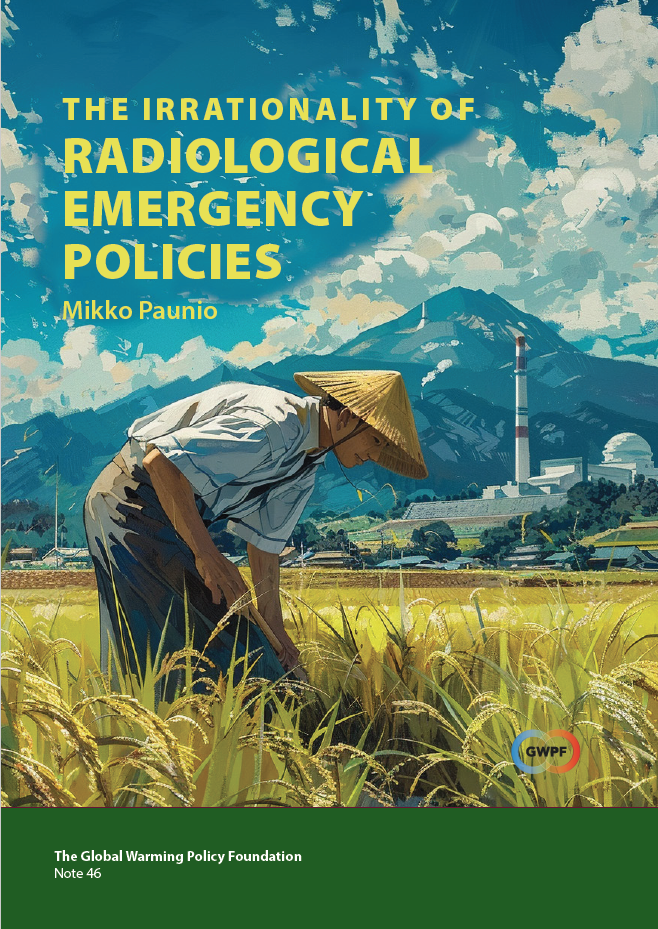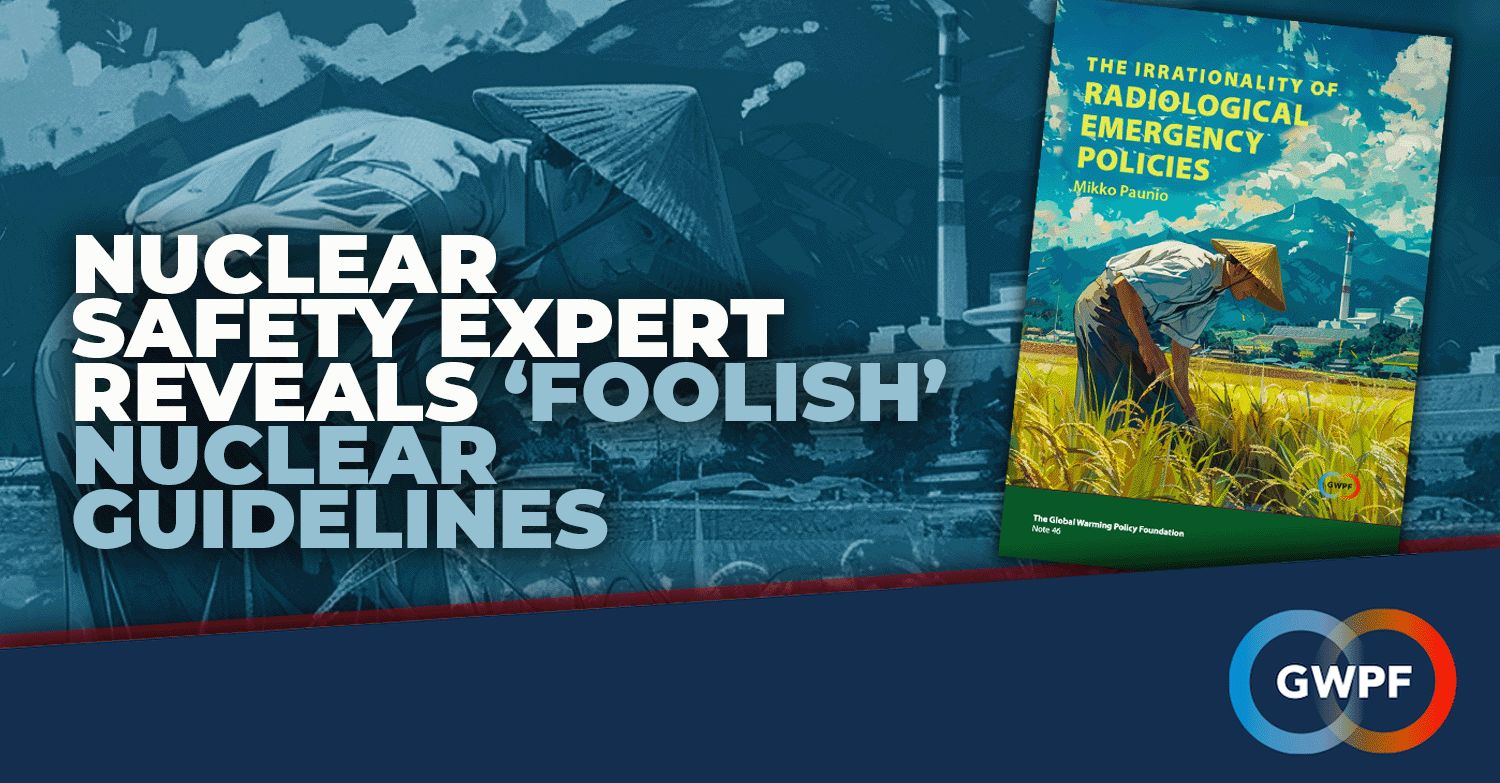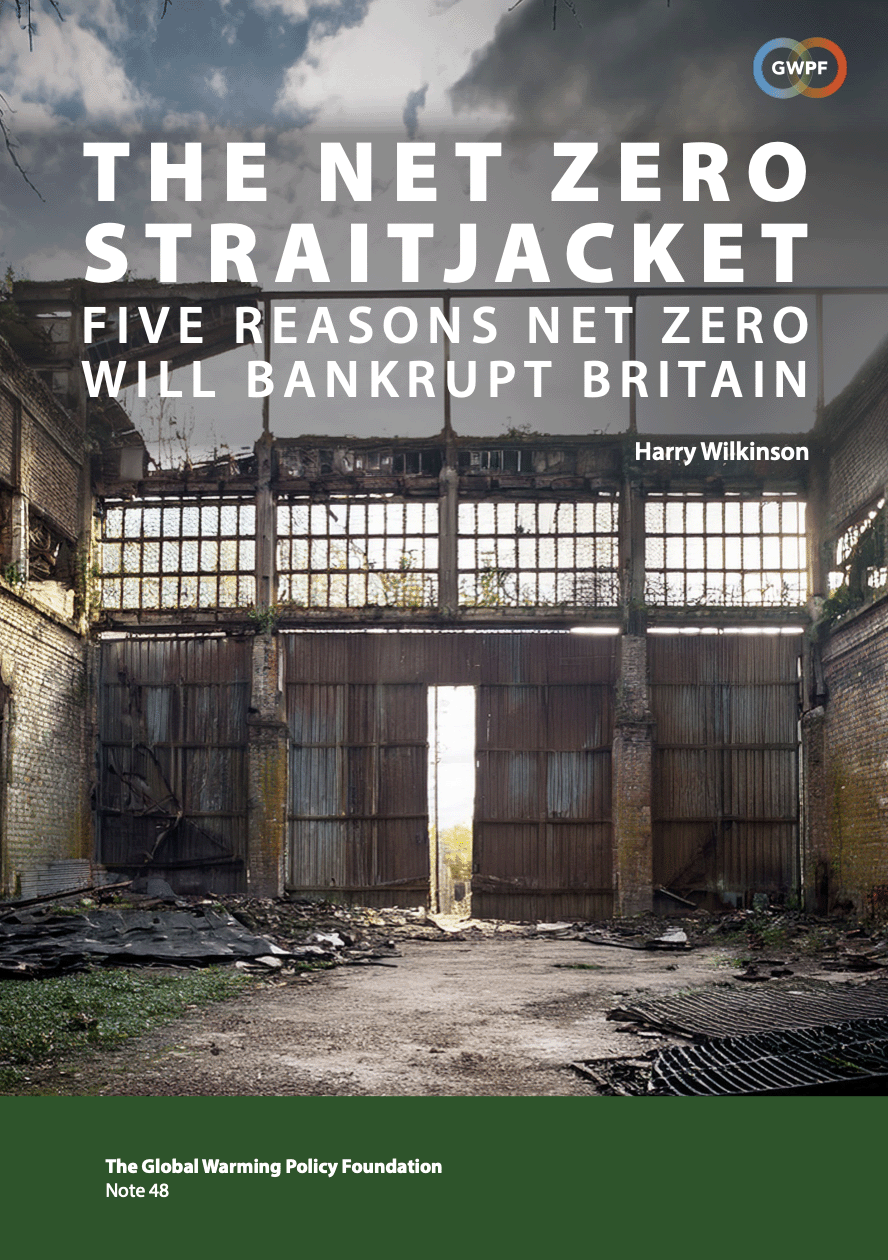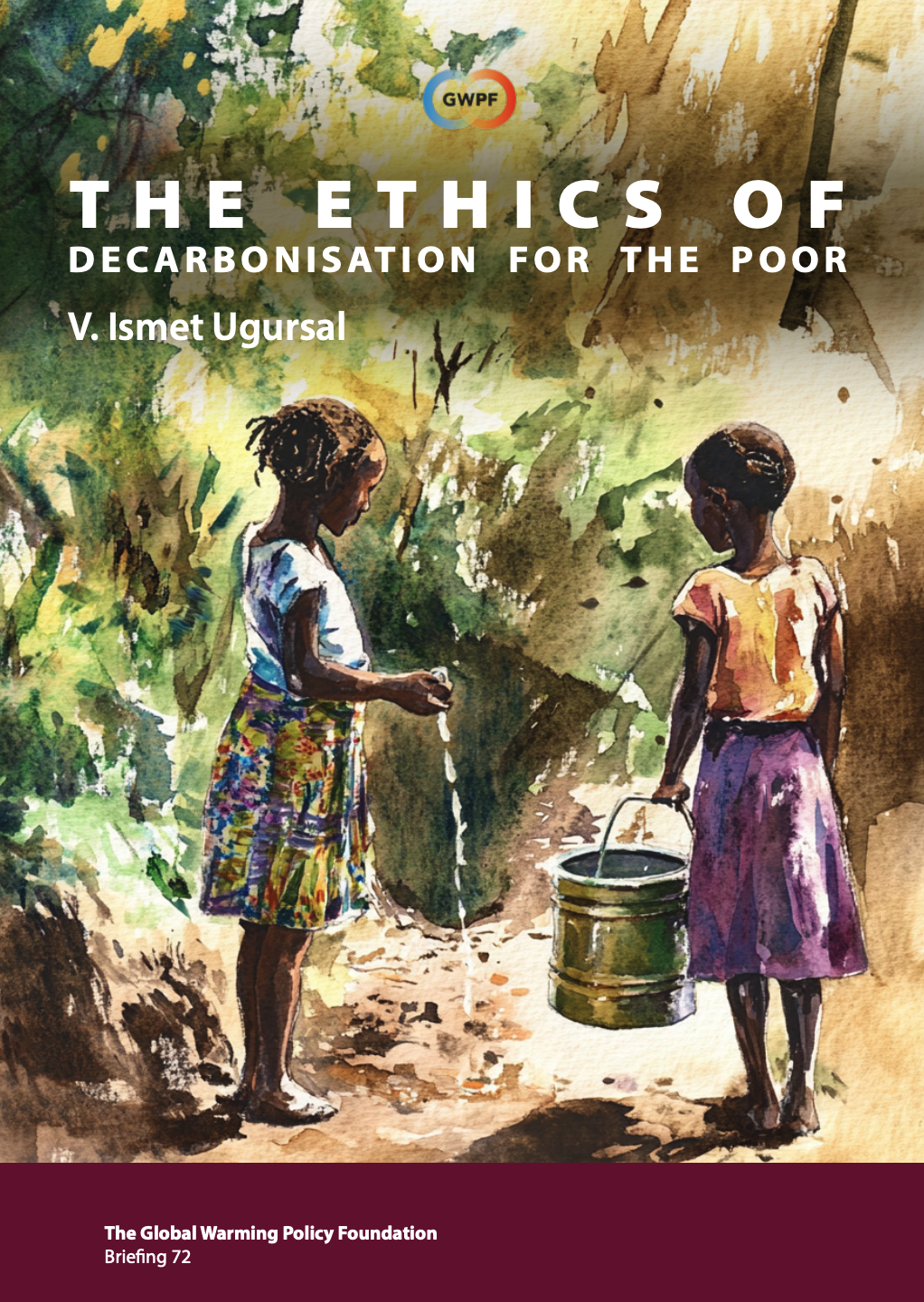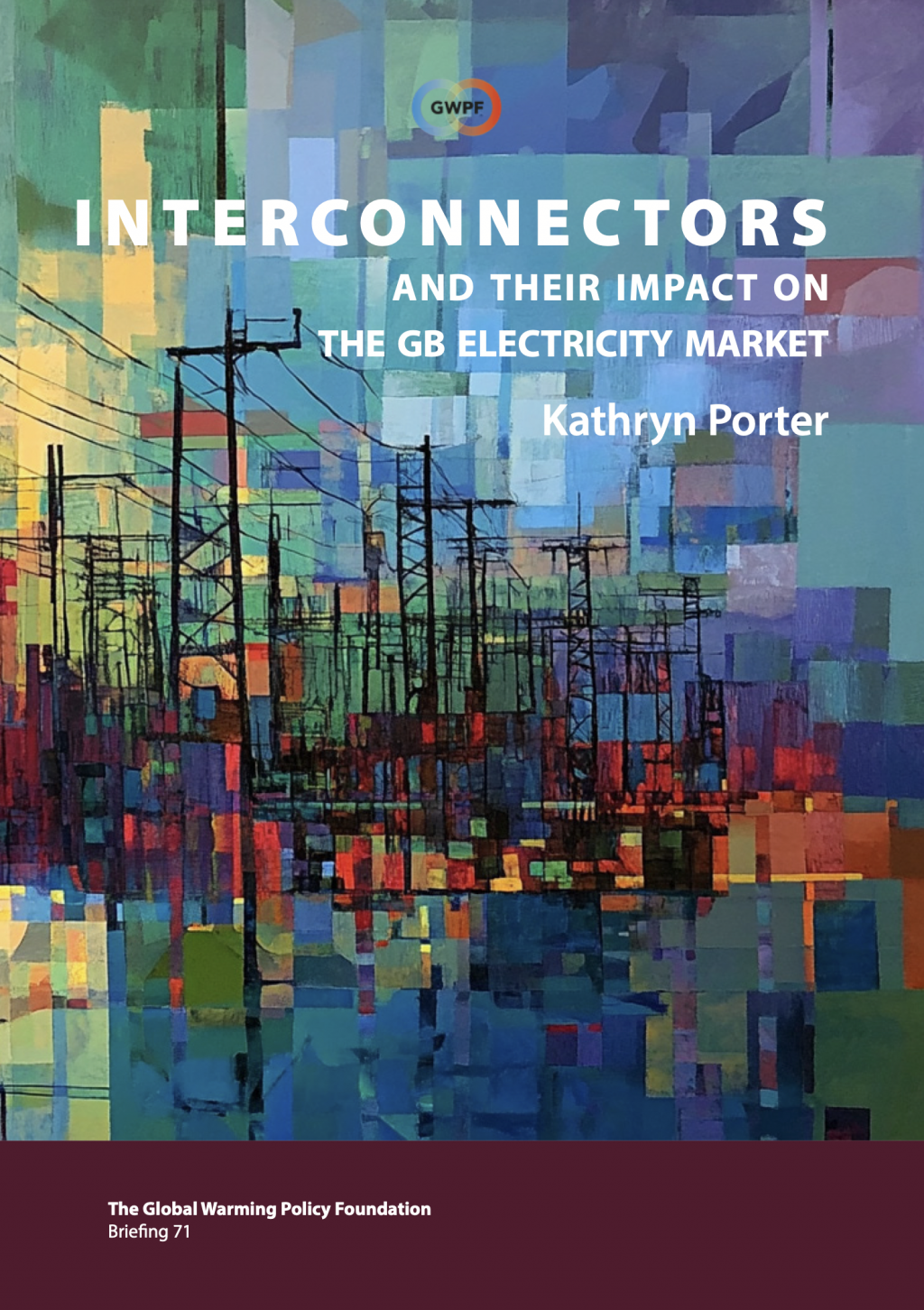Nuclear safety expert reveals ‘foolish’ nuclear guidelines
An expert on radiation and nuclear safety has said that official guidelines on clearing up after nuclear accidents are ‘foolish’ because they are leading to vast expenditure to address small risks.
In a new report for the Global Warming Policy Foundation, Dr Mikko Paunio, a former chairman of Finland’s Radiation Protection Committee, describes the steps taken to deal with contaminated land in the aftermath of the Fukushima accident. International guidelines required the authorities to remove millions of tonnes of agricultural soil, at a cost running into tens of billions of pounds. However, the number of cancer deaths prevented was tiny, even under the pessimistic – and hotly disputed – assumption that low doses of nuclear radiation can cause cancer.
Dr Paunio says
‘Even under the most pessimistic assumptions about the number of deaths that might be caused by contaminated agricultural soil, it is impossible to justify the huge cost of removing it. This is yet another example of precautionary approaches leading to foolish policies’.
Harry Wilkinson, head of policy at GWPF said:
‘As the problems with renewable energy become clearer, support for nuclear power is growing. However, if we want to see a nuclear renaissance, political leaders are going to have to deal with significant levels of over-regulation that are holding it back.’
Notes for editors
Many prominent experts dispute the so-called ‘linear no-threshold theory’ which assumes that low doses of nuclear radiation can cause cancer. Dr Paunio has set out in an earlier paper some of the extraordinary problems with the underlying science.
Mikko Paunio: The Irrationality of Radiological Emergency Policies (pdf)
